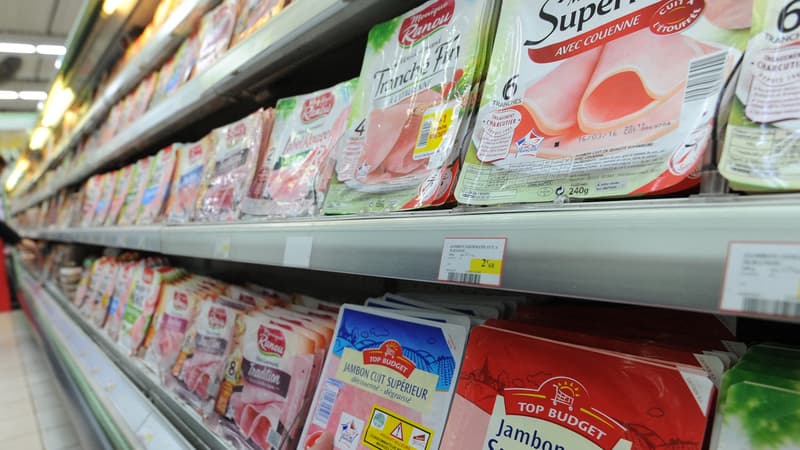After the “Red March”, will food prices drop during a “Green September”? This is in any case what the delegated minister in charge of Small and Medium Enterprises, Olivia Grégoire, affirms, who expects “a visible decrease”.
The Minister of Economy, Bruno Le Maire, indicated that he supported this will of the government on Wednesday in franceinfo by announcing that he was going to “convene distributors and manufacturers next week to speed up trade negotiations.” The objective: “for the big manufacturers to transfer the fall in wholesale prices to consumer prices.”
In France, commercial negotiations between manufacturers and distributors take place once a year. This episode ended at the end of February, registering increases of 10% on average after the war in Ukraine. Bercy now wants to reopen negotiations with distributors, as happened last year, to take into account falls in raw material prices, transport prices and energy prices.
Private label prices have already dropped
In a letter to Bruno Le Maire and Olivia Grégoire at the end of April, Ilec, which represents 99 manufacturers of consumer brand products, said it preferred price reductions decided on a case-by-case basis by each company to a blanket renegotiation.
But manufacturers may have no choice because inflation has caused a change in the consumption habits of the French, who are increasingly turning to private labels (MDD). By contrast, national brands are seeing a drop in their volumes.
Especially since on the shelves, while the prices of branded products have increased, there are decreases in certain private label products such as eggs or rapeseed oil. Fluctuations allowed by the absence of the obligation of annual negotiations for private brands, contrary to national brands.
Lidl promises a “green summer”
At Lidl, 90% of the assortment is made up of white brands. Therefore, negotiations take place throughout the year.
According to him, the obligation to negotiate prices once a year is an “aberration” that does not correspond to agricultural logic because “we negotiate prices for flour on March 1 when the harvests are done in summer.”
“You shouldn’t tell people stories”
The fact is that manufacturers and dealers are forced to trade only once a year for several weeks. This complicates the promise of a “green September” somewhat. On a possible price drop for the start of the school year, Dominique Schelcher, System U’s general manager, says he is “much more cautious.”
“I think there will be a bit of a discussion from May on, but it will take some time. Don’t think there will be a general drop in prices at the start of the school year. That would be fooling the French. Crude of course.” materials are falling, but others are still rising. And there is a backdrop that affects us all, it is electricity, ”he said in BFM Business.
But for Olivier Dauvers, there will be a problem of “social acceptability of brand prices” if the negotiations do not lead to price reductions. He warns: “if in six months there is no price drop in the pasta or biscuit market, on which there is an objective reflux in wheat prices, that will mean that they will have saved a difference for them. we are in a free economy, but we will have to accept it”.
Source: BFM TV


